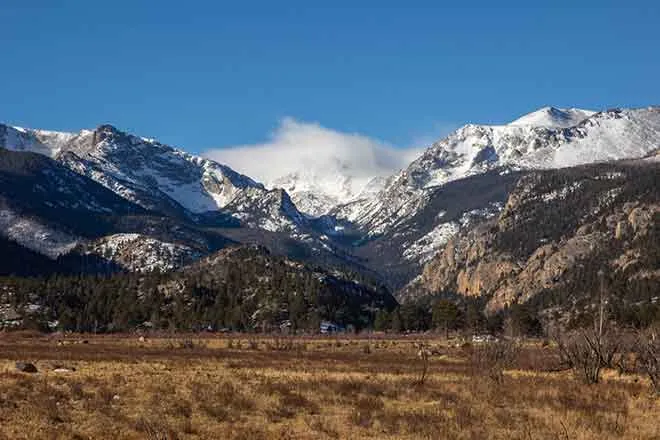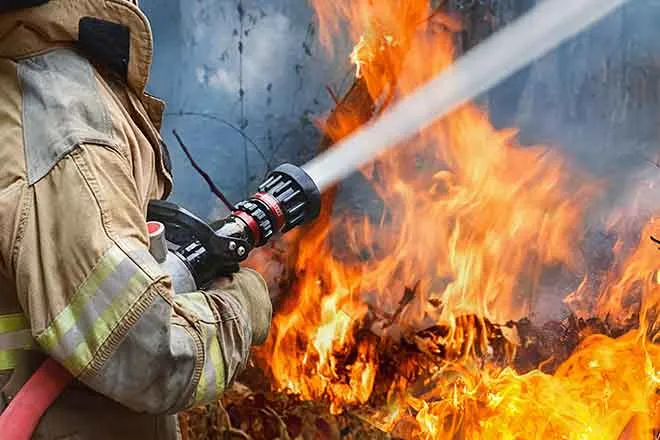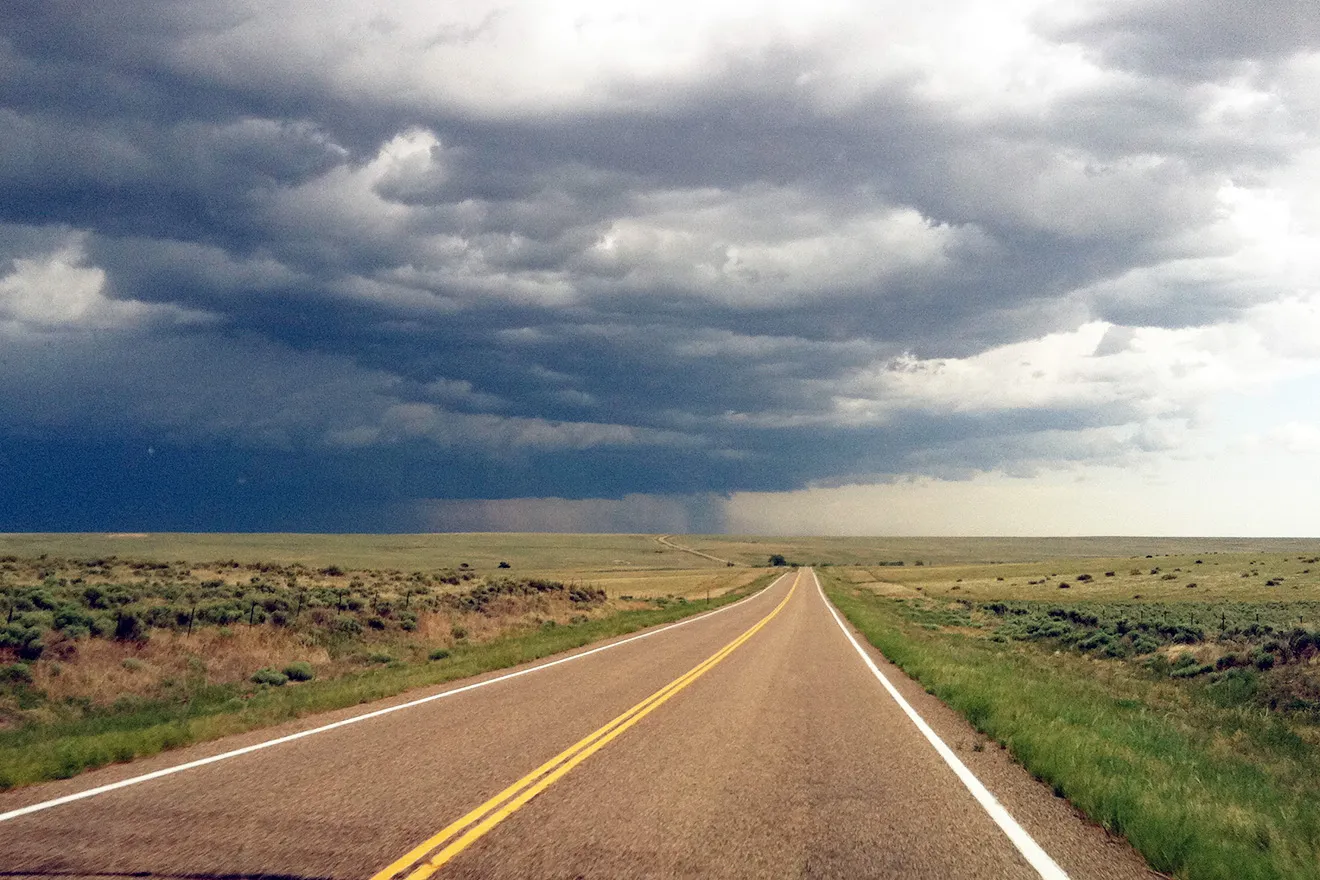
Daily Audio Newscast - February 28, 2024
News from around the nation.
Electric bus movement looks to accelerate; Macron says he has not ruled out using Western troop to help Ukraine stand-up to Russia; two rural Iowa newspapers saved from extinction; BLM announces added protections for sensitive Oregon landscape.
TRANSCRIPT
(upbeat music) - The Public News Service Dela Newscast, February the 28th, 2024.
I'm Mike Clifford.
Most school and transit buses on the nation's roadways these days are still powered by diesel engines.
In Wisconsin and elsewhere, there's hope about the push to switch to electric fleets. - The city of Racine has made headlines in recent years for leveraging federal funds to add more electric buses operated by its transit agency.
And through the bipartisan infrastructure law, school systems like the Palmyra Eagle District have used federal grants to buy a handful of buses fitted with such technology.
Susan Mudd is with the Environmental Law and Policy Center, a Midwest-based advocacy group.
She says it's encouraging to see this activity, knowing the benefits that come with it. - The children or the riders on buses, including the drivers, will experience zero tailpipe emissions, which they now do, 'cause fumes unfortunately often get recirculated into buses. - These models also prevent harmful emissions from floating through neighborhoods, especially when buses are idled.
Mudd says this has a positive effect on human health, as well as mitigating climate change.
But even with federal support, she acknowledges there are still upfront cost barriers in securing electric buses.
I'm Mike Mowen. - In late 2022, Wisconsin received more than $25 million in federal support to replace 65 diesel school buses around the state with electric ones.
And French President Emmanuel Macron has openly discussed the possibility of sending European troops to Ukraine to help Kiev win the war against Russia.
CNN calls it a potential major escalation to the largest ground war Europe has seen since World War II.
They add the possibility of Western democracies putting boots on the ground in Ukraine remains remote.
Macron's comments following a summit in support of Ukraine.
Next, an update on an issue we care a lot about, keeping newspapers alive.
University of Iowa's Daily Newspaper has purchased two small town papers as part of an attempt to keep local news alive in rural Iowa.
Experts who study the practice of journalism say this acquisition might be the first of its kind.
The U of I student-run newspaper, The Daily Iowan, bills itself as an independent student paper with an audience of about 50,000 run by 100 student employees.
It just bought the Mount Vernon Lisbon Sun and the Souline Economist.
Richard Watts directs the University of Vermont's Center for Community News, which analyzes the impact of student-run journalism operations.
He says this could be a solution to shoring up local news deserts.
Across the country, we're losing two newspapers a week.
It's a tremendous crisis.
Some 80 million Americans have no source of local news.
I'm Mark Moran.
This is Public News Service.
A House bill aimed at increasing access to mental health care in Michigan could go to a vote on the House floor at any time.
More from our Farah Siddiqui.
The bill was introduced in 2023 by Representative Felicia Brayback, who is a clinical psychologist and says it prioritizes treatment recommendations for mental health and substance use patients instead of allowing only insurance companies to make decisions for an individual's care.
Brayback says HB4707 would also enable insurance companies to find an out-of-network option if an in-network option is unavailable and without extra cost to the patient.
The insurance companies have their own proprietary criteria when they are making the decisions about should people have access to services or not.
And I think that they should use the same clinical criteria that we do.
You know, like if a doctor says this is what's necessary for a client, then that should be attended to.
Blue Cross Blue Shield of Michigan has spent more than $75 million in lobbying efforts over the last two decades.
In an email statement, the company said it opposes this legislation but remains committed to working with policymakers.
Now from our Deborah Smith.
Pennsylvania is a major source of greenhouse gas pollution in the U.S.
A new study has identified a path for its industries to reduce their emissions by 80% by 2050.
But additional efforts are needed to achieve this goal in the industrial sector.
This roadmap to industrial decarbonization outlines specific strategies for each type of industry in the state to lower their carbon footprint.
Report co-author Joe Goodenberry says nearly 60% of emissions come from fossil fuel combustion and natural gas accounts for roughly two-thirds of the fuel consumption in the sectors.
We're examining emissions from all notable industrial subsectors, including fossil fuel extraction and delivery, iron and steel, minerals, chemicals, refining, pulp and paper, and glass among many others.
Finally, Eric Tegedorf tells us the remote landscape of Southeastern Oregon is receiving additional protections.
The Bureau of Land Management has finalized its resource management plan for the southeast corner of the state.
And it includes protections for parts of the Owyhee and Malheur rivers and canyon lands in the region.
Michael O'Casey with the Theodore Roosevelt Conservation Partnership says it's an exciting development that will protect this sensitive landscape from activities like service development and road building.
When that landscape is impacted, it's really hard to bring it back and restore it.
And so it's really important to protect the places out there that are healthy and intact and resistant and resilient, is a term that we use to stress us from climate change or whatever else.
O'Casey says this plan still allows for traditional uses of the land, like hunting and fishing.
The BLM's final resource management plan for the district covers 4.6 million acres of public land.
This is Mike Clifford for Public News Service, member and listener supported.
Here's a great radio stations, your favorite podcast platform.
Find our trust indicators at publicnewsservice.org.















